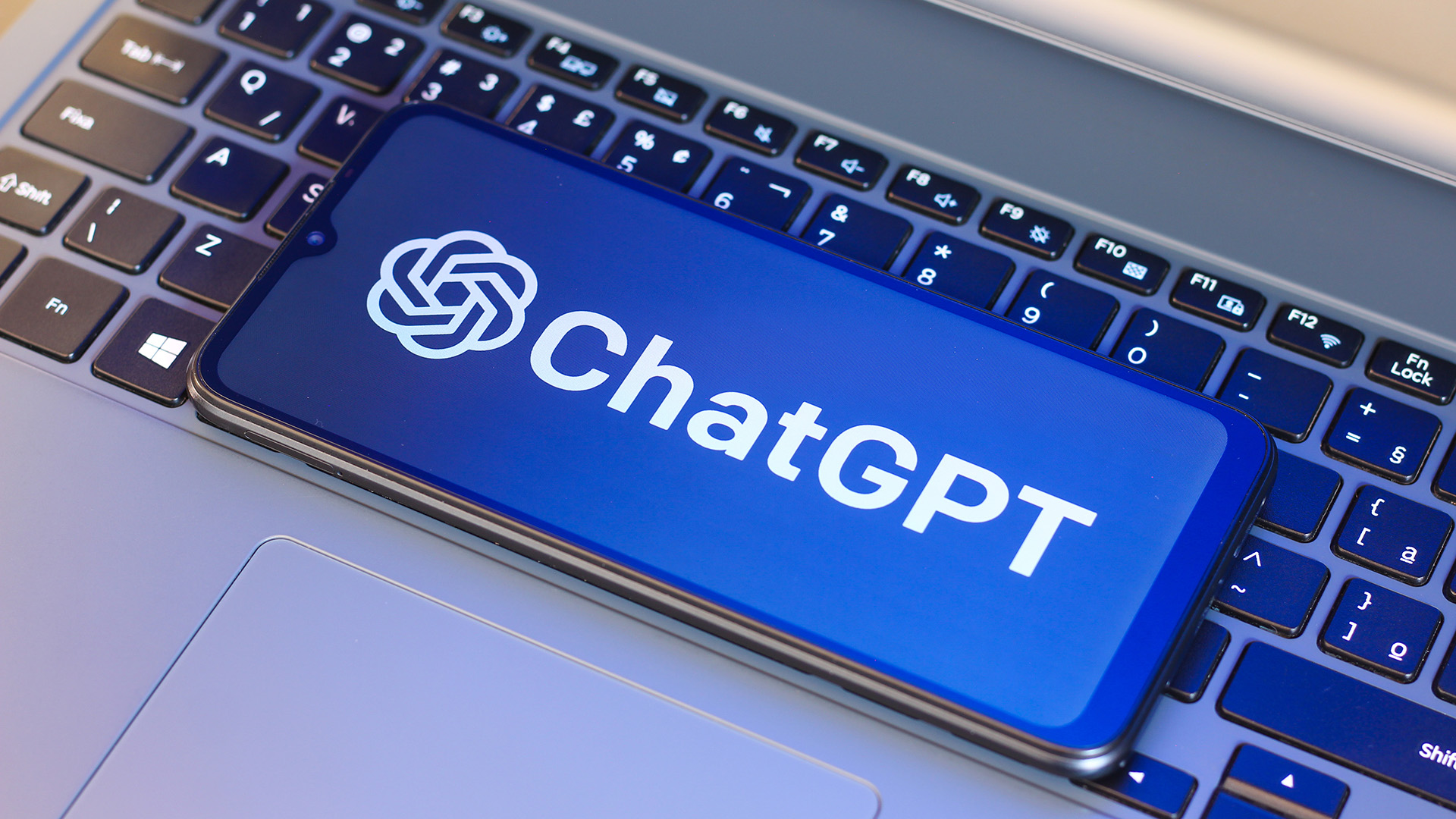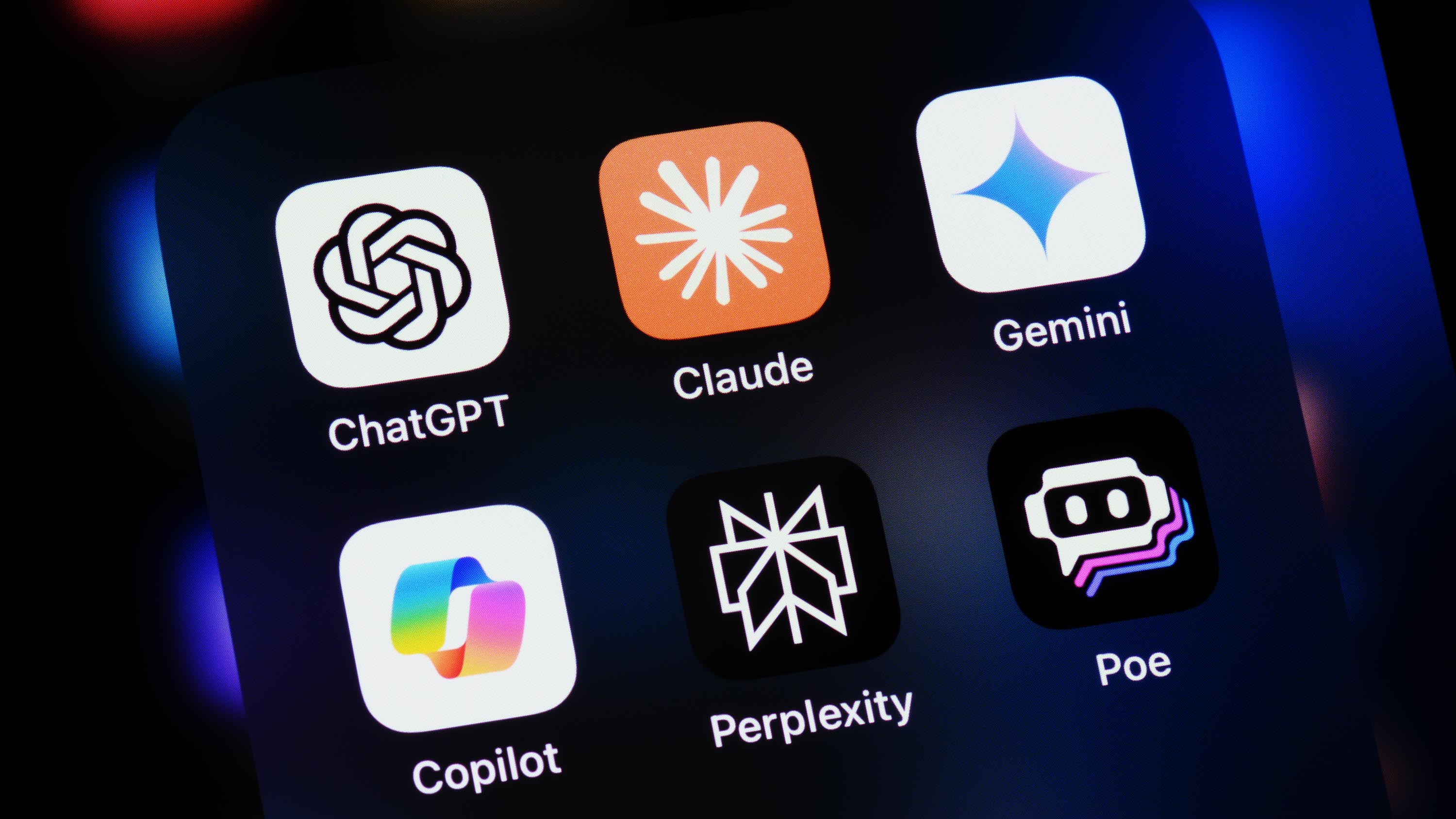
As generative AI booms in popularity, researchers are eager to study the effects of such tools. Previous studies have suggested that overdependency on ChatGPT and similar tools leads to addictive behaviors and hurts well-being, atrophies critical thinking, and causes loneliness.
Now, another study highlights the risks of LLM (large language model) tools such as ChatGPT. MIT Media Lab researchers found that using ChatGPT and similar tools to write essays resulted in lower brain activity. The study, titled "Your Brain on ChatGPT: Accumulation of Cognitive Debt when Using an AI Assistant for Essay Writing Task," also suggests that those who relied on AI tools got worse at writing essays when asked to perform that task without the assistance of ChatGPT or similar tools.
The study had a small sample size of 54 people between the ages of 18 and 39. Those subjects were split into three groups: a brain-only group, a group that could use a traditional search engine, and a group that could use LLM tools such as ChatGPT.
Those who used LLMs to complete the task experienced a 32% lower cognitive load than those who used traditional software interfaces. They also had less frustration during the process.
A key takeaway is that people who used LLMs during the study used less mental effort to get information. While that is hardly surprising, it explains why some would be tempted to use AI tools to complete assignments.
In addition to recording higher brain activity, those in the brain-only group reported higher satisfaction regarding ethical considerations.
"The LLM undeniably reduced the friction involved in answering participants' questions compared to the Search Engine. However, this convenience came at a cognitive cost, diminishing users' inclination to critically evaluate the LLM's output or "opinions" (probabilistic answers based on the training datasets). This highlights a concerning evolution of the 'echo chamber' effect: rather than disappearing, it has adapted to shape user exposure through algorithmically curated content. What is ranked as "top" is ultimately influenced by the priorities of the LLM's shareholders."
At first glance, the conclusions of the study appear obvious. The fact that writing an essay takes more brain power than having a tool write that same essay is not surprising. I'm sure paying someone else to write the essay would also use minimal brain power.

But science is about more than hunches. It requires evidence and testing hypotheses. Since there's a good chance government policies and education standards will be altered based on the effects of ChatGPT and similar tools, it's important to gather as much information as possible.
The MIT researchers said as much in the conclusion of the study.
"We believe that the longitudinal studies are needed in order to understand the long-term impact of the LLMs on the human brain, before LLMs are recognized as something that is net positive for the humans."
The MIT study has not yet been peer reviewed and had a small sample size, so while it’s a good step toward gathering relevant information, it requires follow-up.
Is ChatGPT making people more stupid?
The study also examined how using an LLM to write an essay affected performance when participants were later asked to complete the same task without AI assistance.
The researchers stated that the trend could be attributed to cognitive offloading to AI. In other words, using tools like ChatGPT makes you think less, which can result in lower capacity in the future.
A study by Microsoft researchers, conducted in collaboration with Carnegie Mellon University, looked into the effects of generative AI on critical thinking. Those researchers compared the effects of using generative AI to muscles atrophying.
If data continues to back the theory that using generative AI models results in lower brain activity and critical thinking long-term, there could be widespread consequences.
A survey by The Guardian, which was reported on by AI Commission, found that generative AI tools such as ChatGPT are often used by students to cheat.
If students and workers rely on ChatGPT and similar tools, they could become less capable of performing certain tasks on their own.







